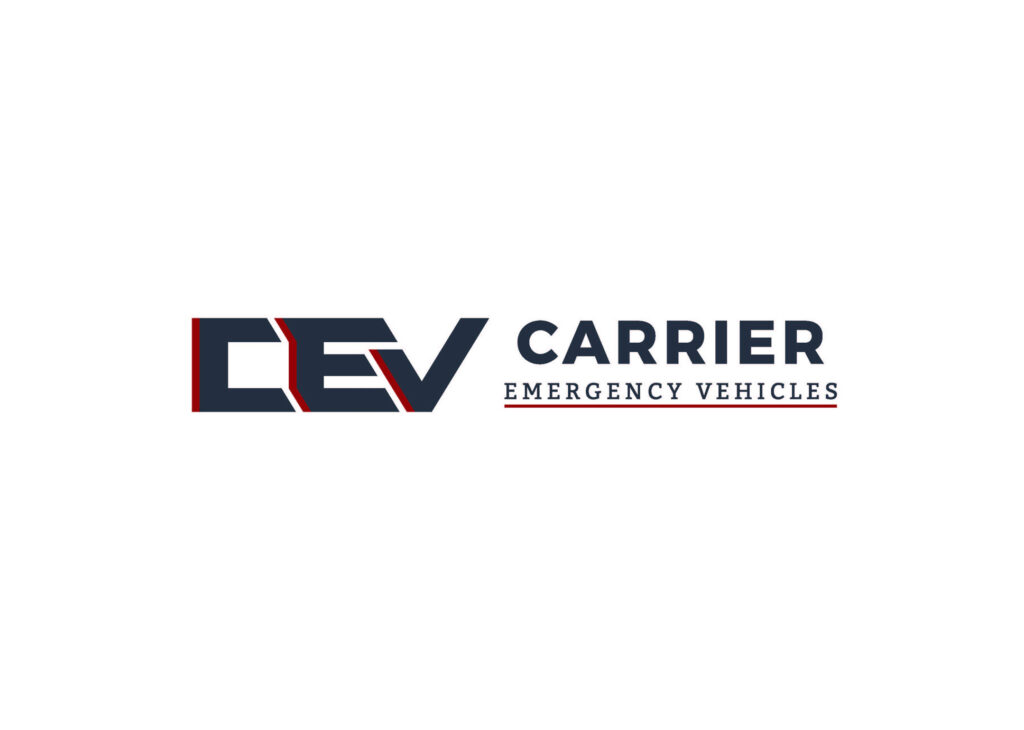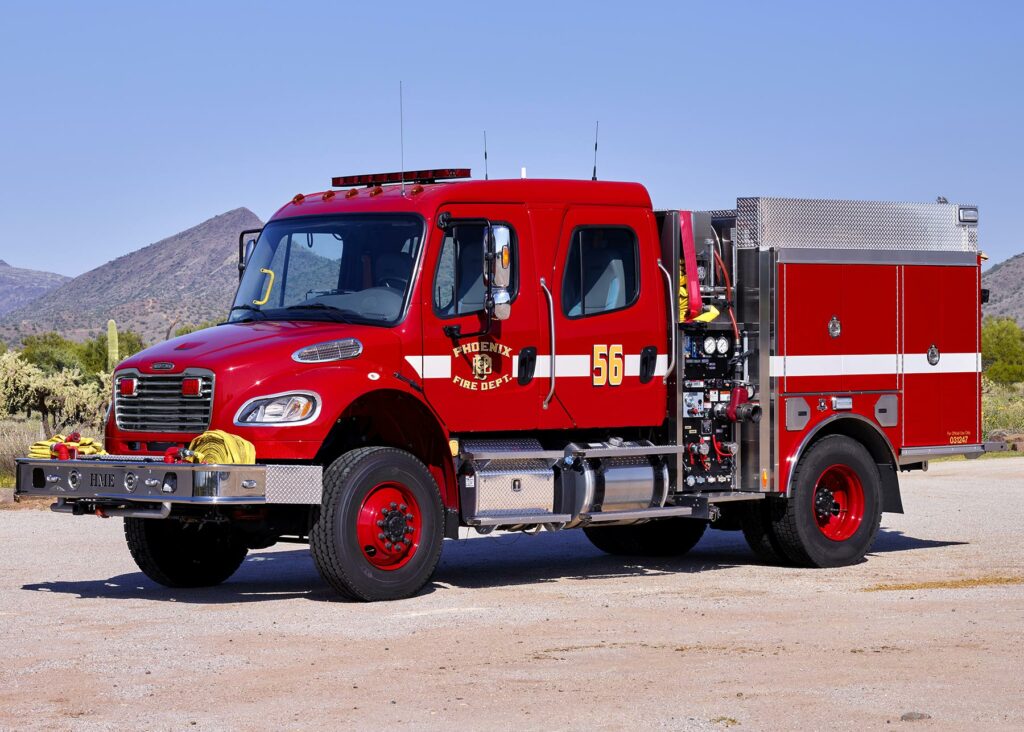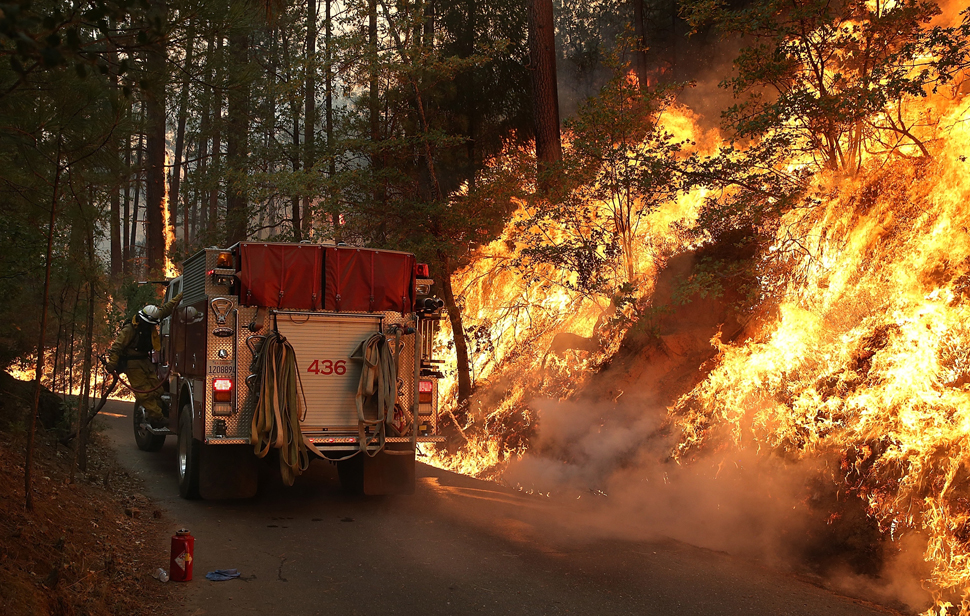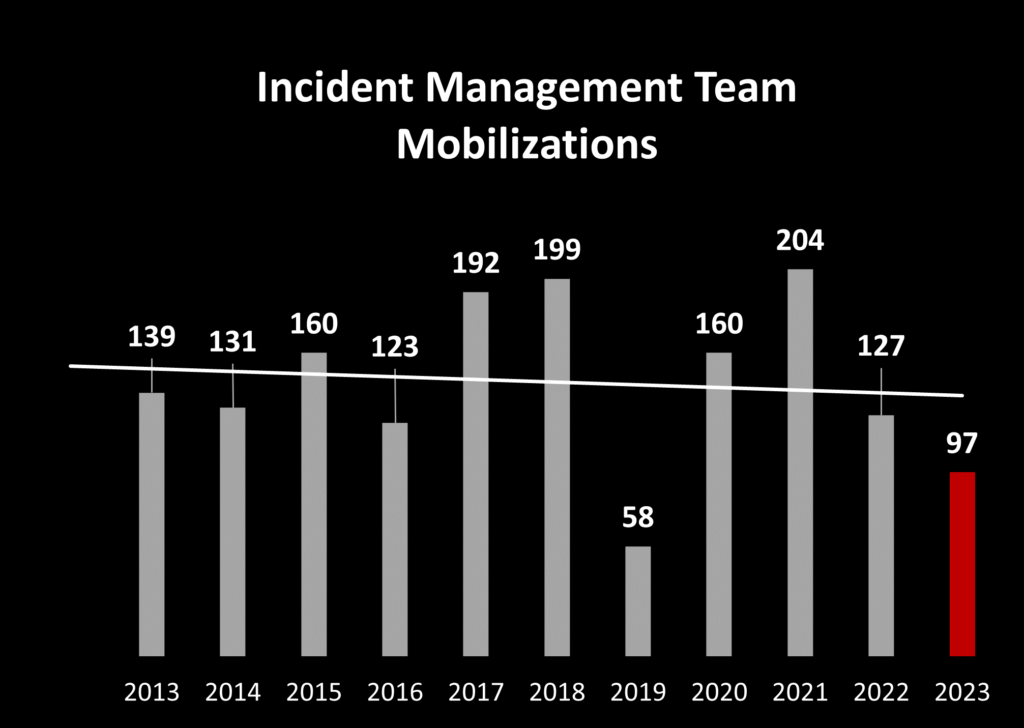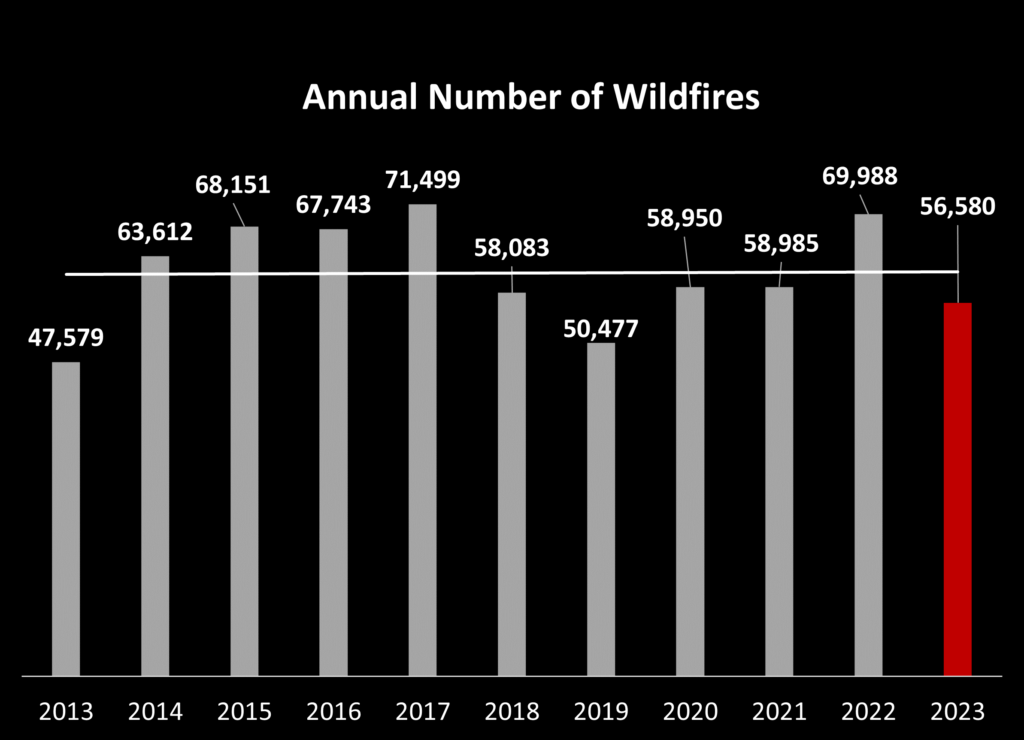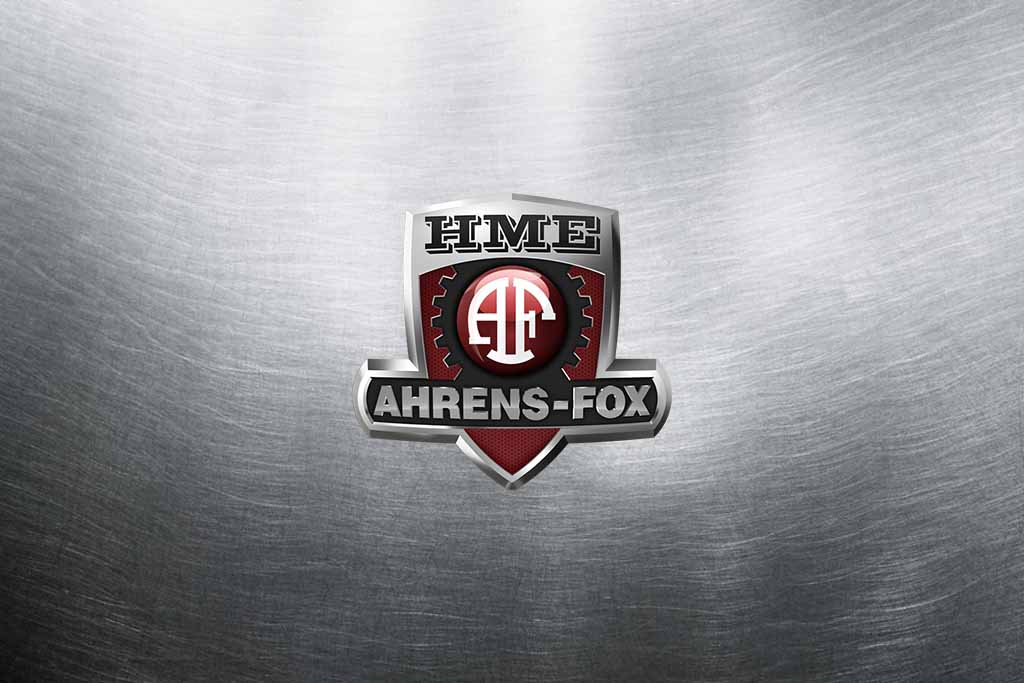Below are excepts from the article on Purchasing Factory Direct – published in the April 11, 2024 edition of Fire Apparatus and Emergency Equipment Magazine.
Relevant and thoughtful insights from Ed Boring, National Fleet Manager (Deputy Chief, Ret.), HME Ahrens Fox.
“For the most part, the only factory-direct sales that take place at HME are to federal and state agencies. These sales are large, complex arrangements where the agency dictates that it will negotiate and contract with the manufacturer. We see great value in the dealer-customer relationship—it’s a very rare occurrence where a direct sale other than to the Feds or the state would occur. We partner with our dealer network on the sale of apparatus. It’s common for our staff to assist and actively participate in the sale,” said Ed Boring, National Fleet Manager, HME Ahrens-Fox.
“Regarding financial considerations, there is a perception that buying direct is cheaper than through a dealer. In reality, the process and structure of specifying, preparation, and sales are similar, making the cost similar.
Like I mentioned above, the Feds’ and most state agencies’ insistence on purchasing factory direct is due to the size and scope of their projects. Manufacturers may choose to sell a municipality direct when extreme requirements or restrictions are dictated by the buyer. Examples include unique payment and finance requirements; extremely specialized specifications; and protracted and complex warranty, service, and parts requirements. These arrangements are usually with large fleets, which could tax an average-size dealer beyond its capabilities.
From the manufacturer perspective, the advantage to selling direct (to the correct buyers) is that the line of communication is direct, which can eliminate miscommunication and simplify the process. Again, large fleets tend to be very specific about what components they want and how and where they want them mounted. From my experience with federal and state fleets, it’s very helpful to our continual improvement strategy to work direct. Our customer service and engineering staffs see the firsthand feedback in the field in real time; it helps us identify trends (good and bad) and make product modifications and improvements quicker. The average U.S. fire department, however, is much better off buying and maintaining its apparatus through the local dealer network.
I would say that the disadvantage for the average municipality buying a single truck factory direct is that it’s easy to get lost in the process. The local dealers are your voice and advocate to the manufacturer. They are vested in the process; they keep the communication open and follow up on the details.
As a former buyer of fire apparatus and ambulances and personal protective equipment, self-contained breathing apparatus, tires, oil filters, etc., I would ask what they expect to gain by wanting to purchase factory direct. If there were a rift with the dealer and buyer, I would seek to find the gap and see what we as the factory can do to remedy the situation. Often these issues are minor, and a fresh perspective can put all parties back in the same orbit.
I’m not too sure if factory sales will increase or decrease. But, I do know we are doing a hybrid approach. With protracted lead times, more complex components, and many experienced dealer sales personnel leaving the industry, there is a gap developing. There is still a need to have experienced salespeople to interact with the customer, share information, and make the deal. An experienced factory salesperson with a new dealer salesperson or a factory guy acting on behalf of the dealer is a great bridge to the gap. The customer gets to speak with the factory guy regarding the specs of the truck and still enjoys the localized parts and service arrangements with the dealer.”
Find the complete article in Fire Apparatus and Emergency Equipment Magazine here
